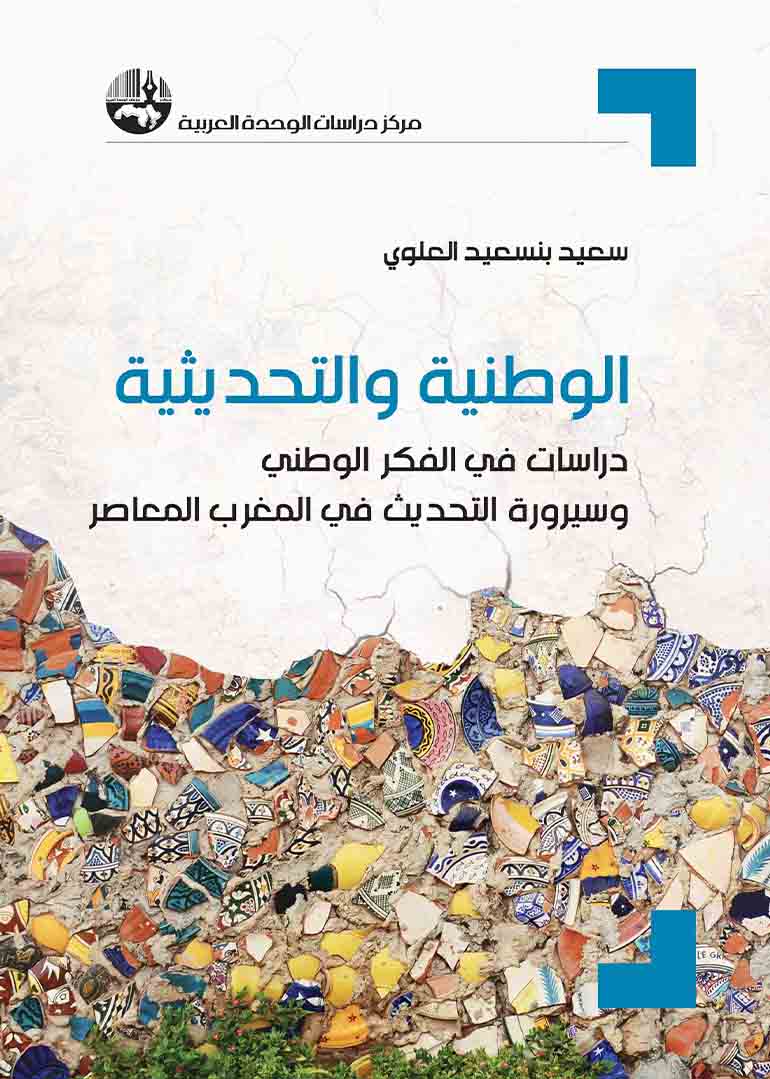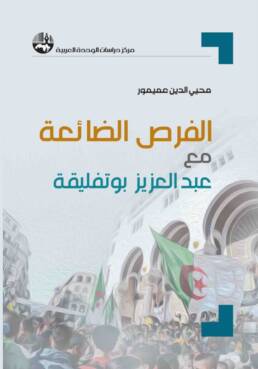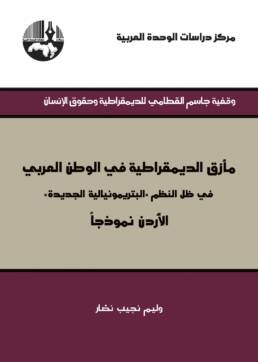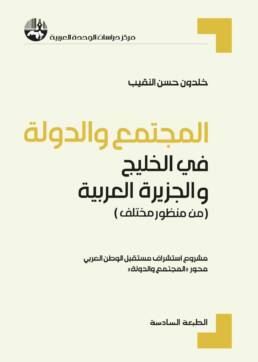Nationalism and Modernization: Studies in Nationalist Thought and the Process of Modernization in the Contemporary Morocco
Price range: 6 $ through 12 $
Price range: 6 $ through 10 $
AuthorSaid Binsaid al-AlawiDate31/3/2021No. of Pages160EditionsecondISBN9789953829326E-ISBN9786144981481
| Weight | 0,26 kg |
|---|---|
| Dimensions | 24 × 17 cm |
| Product Type | Electronic, Paper |
The Center for Arab Unity Studies published the second edition of the book Nationalism and Modernization: Studies in Nationalist Thought and the Process of Modernization in the Contemporary Morocco by Dr. Said Binsaid al-Alawi.
During the past three decades, the history of national thought in Morocco has witnessed a great quantitative and qualitative development. The circle of those interested in the field of contemporary Arab thought has expanded in Morocco, in general, and in national thought in Morocco in particular; whether with the growing number of university theses that have been devoted to the topic through research and analysis, as well as by contributions to the disclosure of many hidden sources and documents that are almost forgotten, or with what was presented by some of the actors in the Moroccan national movement like personal notes and blogs about the Moroccan national movement, that shed new lights on the topic and reveal facts and information that were previously unknown.
This book starts in its analysis from two pivotal approaches: The first is that basic directives of contemporary Arab thought in Morocco is not understood except in the general and comprehensive context, that is, the context of contemporary Arab thought with its problems, directives and difficulties. The second approach is that history and the logic of the course of events in Morocco determined that there was a link between the liberation movement in Morocco and the modernization process that Morocco sought to achieve.
Hence, this book sheds light on the aspects of the link between the work of liberation and the work of modernization in Morocco, based on the belief that the work of the Moroccan national movement did not separate in the task of liberation between two dimensions: the liberation of the homeland from colonialism, and the emancipation of minds from the reasons that made colonizing the country possible.
Add a review
You must be logged in to post a review.
You May Also Like
Armaments, Disarmament and International Security: Sipri Yearbook 2020
Price range: 10 $ through 16 $
Missed Opportunities with Abdelaziz Bouteflika
Price range: 10 $ through 14 $
America: Realities and Trajectories
Price range: 10 $ through 13 $
Democracy Dilemma in the Arab World Under the “Neopatrimonial Regimes” – The Case of Jordan –
Price range: 9 $ through 14 $
Democracy: A Safeguard for Arab States and Societies
Price range: 6 $ through 10 $








